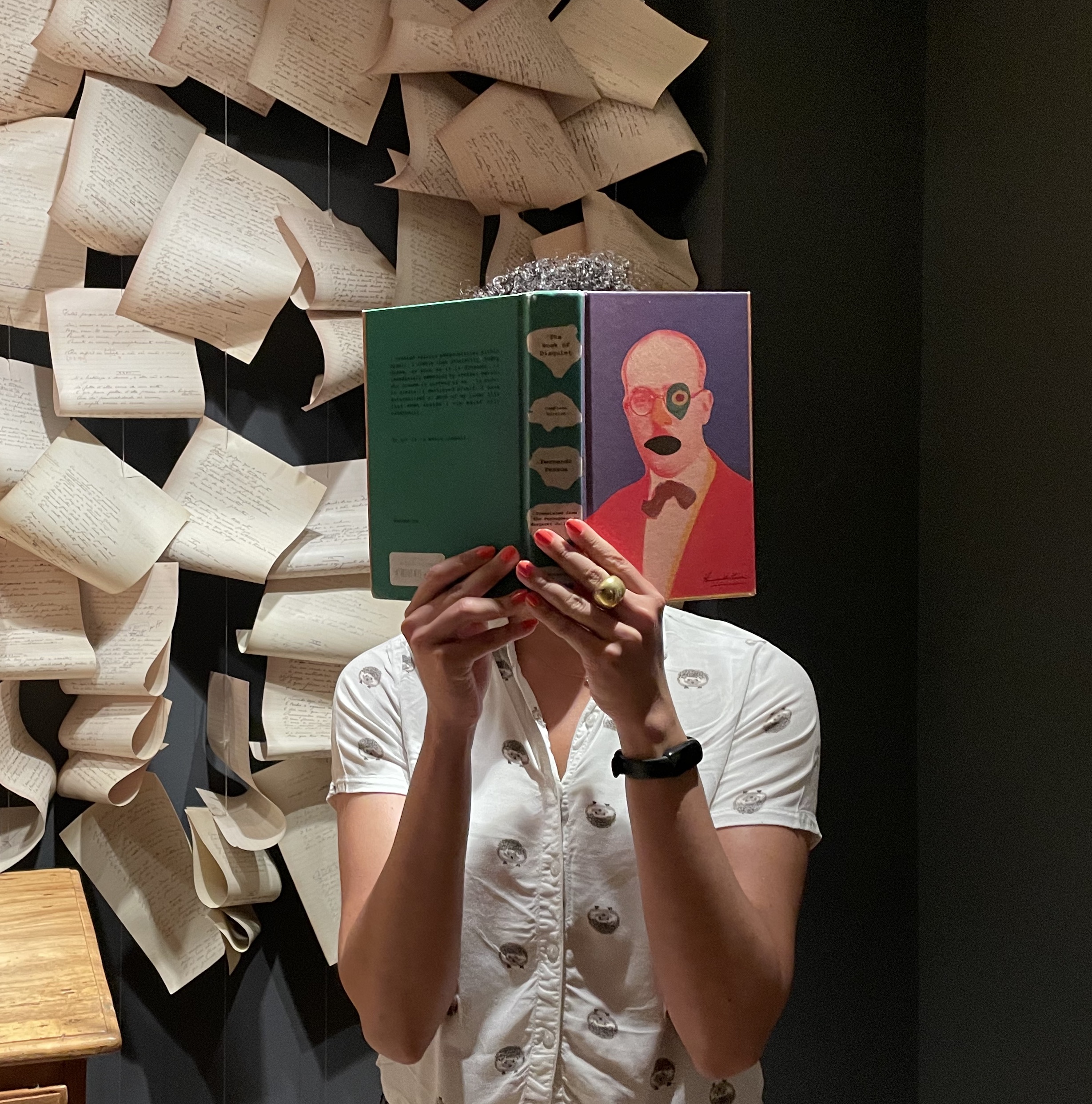The streets are named for German poets
in my huge provincial Midwestern city.
Dust whirls up from the tires of passing cars,
lifting a veil over me, like Romantic longing. On Goethe, I want nothing
more than to reach down and feel a lover’s big skull
in my hands. On Schiller, lust subsides, among the wrought iron
doors and grand steps, lined with hundreds of dollars of candles.
Inside, patricians mingle in the high-minded friendships
I desire for myself. About this, as so much else,
the flowers in the window-boxes on Schiller are philosophical.
Their arguments are convoluted, but concern the beauty of simplicity, freedom from need,
and, even more often, the depredations of time.
One fat peony speaks as if she were the Sybil:
“Live with your century but do not be its creature.”
Richie Hofmann is the author of a collection of poems, Second Empire, and is currently a Wallace Stegner Fellow in Poetry at Stanford University.




